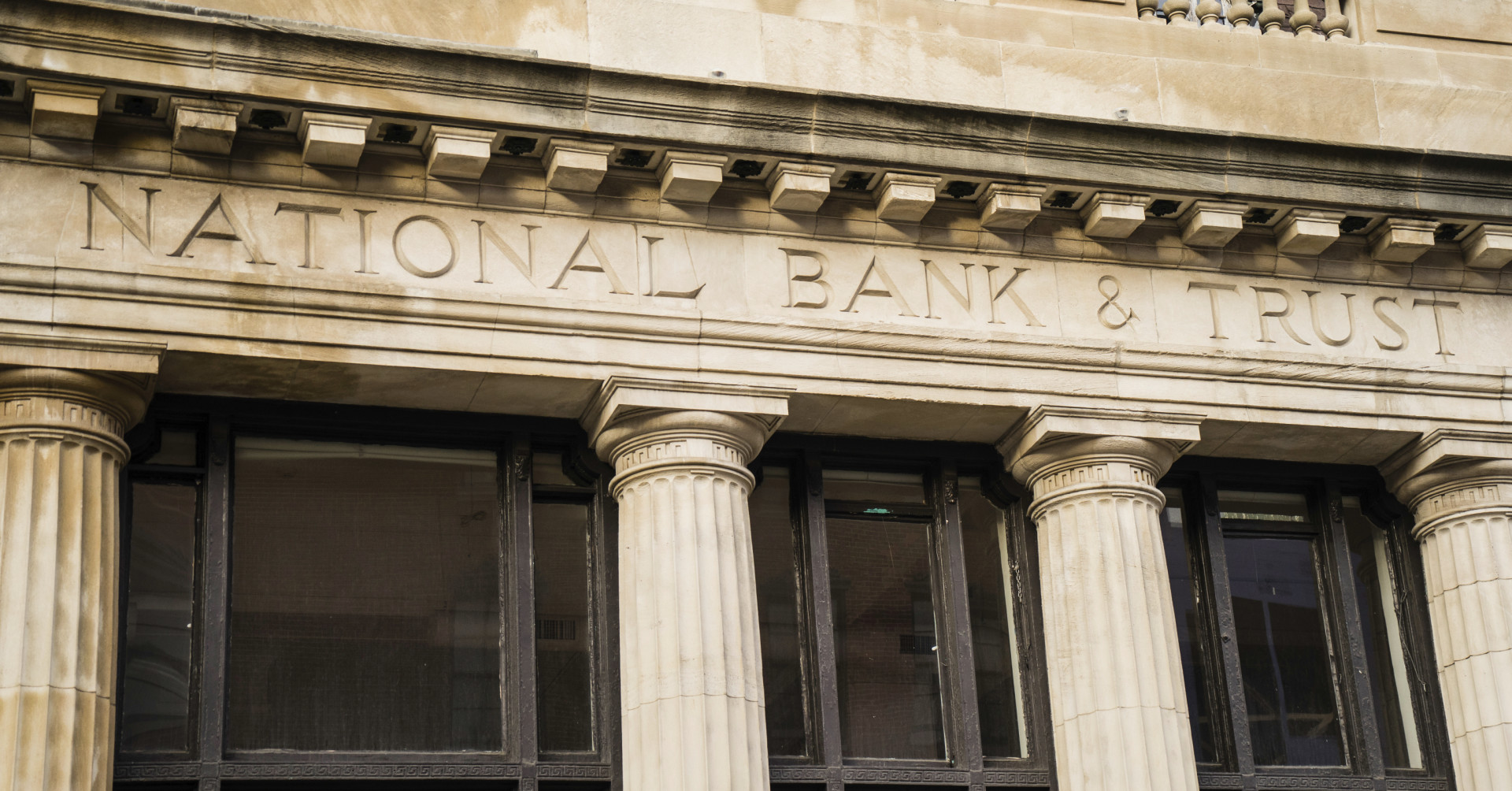As Congress returns for a crucial fall session before the 2016 presidential campaign heats up, the most pressing matters in finance will be the reauthorization of the Export-Import Bank and some Dodd-Frank financial rules.
The fight over the Export-Import Bank is far from over. Operating without a charter since June 30, most observers say the bank will be renewed at some point this fall. Reauthorization votes in the Senate have garnered significant bipartisan support — i.e., every Democrat, minus liberal Vermont Independent Bernie Sanders, and a sizable number of pro-business Republicans.
The key for bank supporters will be attaching an Ex-Im reauthorization provision to must-pass legislation. Lawmakers have homed in on the highway bill, which will come up in the Senate before the current three-month extension expires on Oct. 31.
A few other government loan programs may draw interest from conservatives before the fiscal year ends on Sept. 30. Both the Overseas Private Investment Corporation and the Small Business Administration’s loan programs require funding renewals. While both programs have had overwhelming bipartisan support in the past, the fight over Ex-Im may have changed the calculus.
Financial Overhaul Legislation
The financial regulatory overhaul bill sponsored by Sen. Richard Shelby (R-Ala.), chairman of the Senate Banking Committee, is currently attached to a Senate financial services spending measure. But the amendment, which Shelby successfully added this summer, is likely to fall off during broader government funding talks. Shelby has maintained that he expects to continue negotiations with Democrats on a standalone banking bill.
In an interview just before the beginning of the congressional August recess, Shelby discussed his dual approach to the banking legislation. “We’ve got two trains running, which is probably good. We’re beginning to talk, we’re trying to engage some of the Democrats on something that’s substantive. We’ll deal,” he said.
Sen. Sherrod Brown of Ohio, the ranking member on the Senate Banking Committee, has been more skeptical about the chances of passing anything that resembles Shelby’s measure. “We’ve offered a bill that there’s consensus on. As long as they’re insisting on major changes to [the Financial Stability Oversight Council], major changes in [government-supported enterprises], major changes in the structure of the Federal Reserve, we’re not going to come to agreement,” he said in a late July interview.
Shelby’s bill seeks to raise asset thresholds for “systemically important financial institutions” (SIFI) from $50 billion to $500 billion and mandate more disclosure from the Financial Stability Oversight Council (FSOC) in the SIFI-designation process. The measure also would make it more difficult for FSOC to designate a non-bank company, such as insurance giant MetLife, as systemically important.
In addition, the bill would mandate several changes to the Federal Reserve. It would change the operations of the Federal Open Market Committee, provide Fed board members with their own staff and fill the post of vice chair for supervision, among other things.
The House Financial Services Committee has taken a more piecemeal approach. Several bills are in the pipeline, including one sponsored by Rep. Blaine Luetkemeyer (R-Mo.) that would change the SIFI standard. According to the bill text, instead of using an “arbitrary asset size,” FSOC would assess “activity or other factors” that indicate risk to the financial system. Committee Chairman Jeb Hensarling (R-Texas) told reporters in July that he expects the panel to take up the measure this fall.
However, there is also a possibility that Republicans will wait to make any major changes to Dodd-Frank until President Obama is no longer in office and replaced by, they hope, a Republican.
“A Republican would be far more receptive to the concept of ending too-big-to-fail,” Hensarling said.
On the Regulatory Front
The Consumer Financial Protection Bureau is in the midst of an open comment period for its proposed short-term loan rules, which the payday lenders worry will have drastic consequences for their industry. While there is no set timetable for when the rules will be finalized, most expect the rules to be in place before Obama leaves office. As of now, there are no legislative proposals to try to stop the rules.
The CFPB’s proposed auto lending rules have encountered more opposition. The rules, which take aim at discriminatory lending practices by limiting the power of auto lenders to set their own interest rates, went into effect in July. Just before the August recess, the House Financial Services Committee approved a bill that would essentially nullify those rules on a strong vote of 47-10. It’s not yet clear exactly when the legislation, which has 55 Democrats among its 126 cosponsors, will receive a House floor vote.
The comment period for the Labor Department’s fiduciary rule for financial advisers is expected to reopen this month. The proposed rule would update the 40-year-old definition of “fiduciary” under the Employee Retirement Income Security Act by expanding the definition of who is a financial adviser and mandating that the advice those advisers give meets a high-level fiduciary standard of care. Broker-dealers and insurance agents, who are not currently subject to Labor Department regulations, are the primary opponents of the rule.

